Sunday’s edition of “60 Minutes” featuring an interview with Land O’Lakes CEO Beth Ford put an urgent spotlight on the struggles that farmers are feeling from weather, tariffs and low prices.
From massive rainfall in the Midwest to flash droughts across the South, extreme weather is becoming a top concern among farmers, many of whom are acknowledging that climate change is impacting their operations, and they’re committing to resilience strategies. EDF’s farmer partners are telling us firsthand how climate change is altering their livelihoods, and they are thirsty for climate-smart tools and practices.
Ford rightly hones in on the role that technology plays in helping farmers hedge against the unpredictable in today’s tough environment and economy. Precision ag tools and technologies optimize inputs to achieve a more robust crop yield, in addition to healthier soils, improved water quality and other environmental benefits.
Technology is essential to advancing sustainability, but not without the corresponding informational, financial and policy drivers that will ultimately help us reach the goal of a resilient agricultural system. Read More










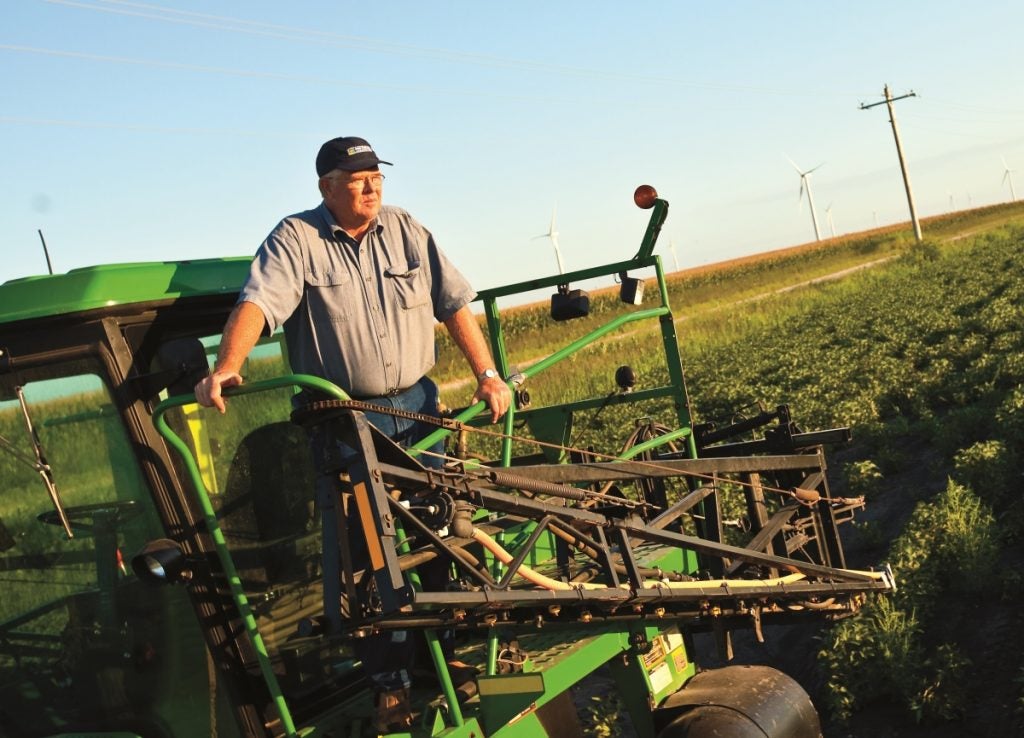

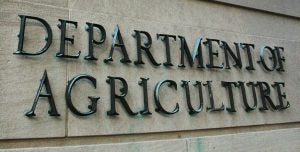
 The corn and soybean fields that stretch for miles across the Midwest are quiet this time of year, mostly frozen surfaces waiting for the spring planting season.
The corn and soybean fields that stretch for miles across the Midwest are quiet this time of year, mostly frozen surfaces waiting for the spring planting season.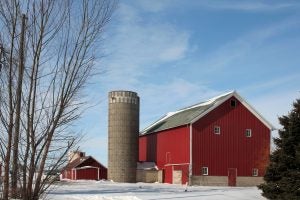
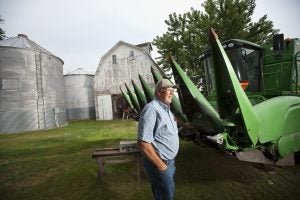
 Many of us spend a considerable amount of time thinking about food – whether it’s deciding what’s for dinner or how healthy something is for our family. Given that I work on food sustainability and am married to a chef, I spend an even more extreme amount of time thinking about food.
Many of us spend a considerable amount of time thinking about food – whether it’s deciding what’s for dinner or how healthy something is for our family. Given that I work on food sustainability and am married to a chef, I spend an even more extreme amount of time thinking about food.
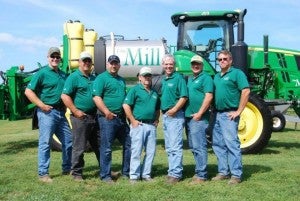 Land O’Lakes SUSTAIN® platform – a powerful tool that can make a real impact in improving regional water quality — is coming to the Chesapeake Bay.
Land O’Lakes SUSTAIN® platform – a powerful tool that can make a real impact in improving regional water quality — is coming to the Chesapeake Bay.